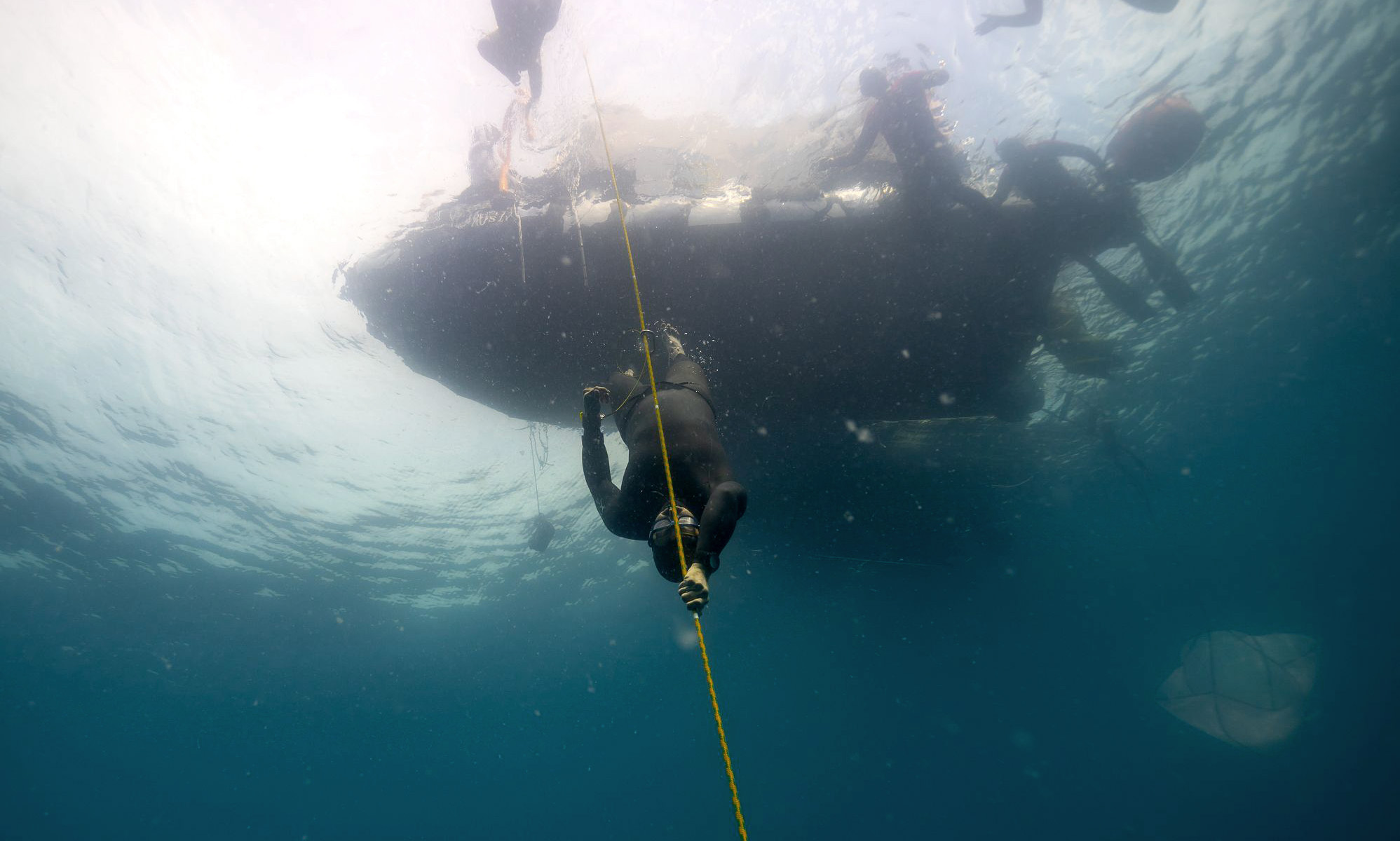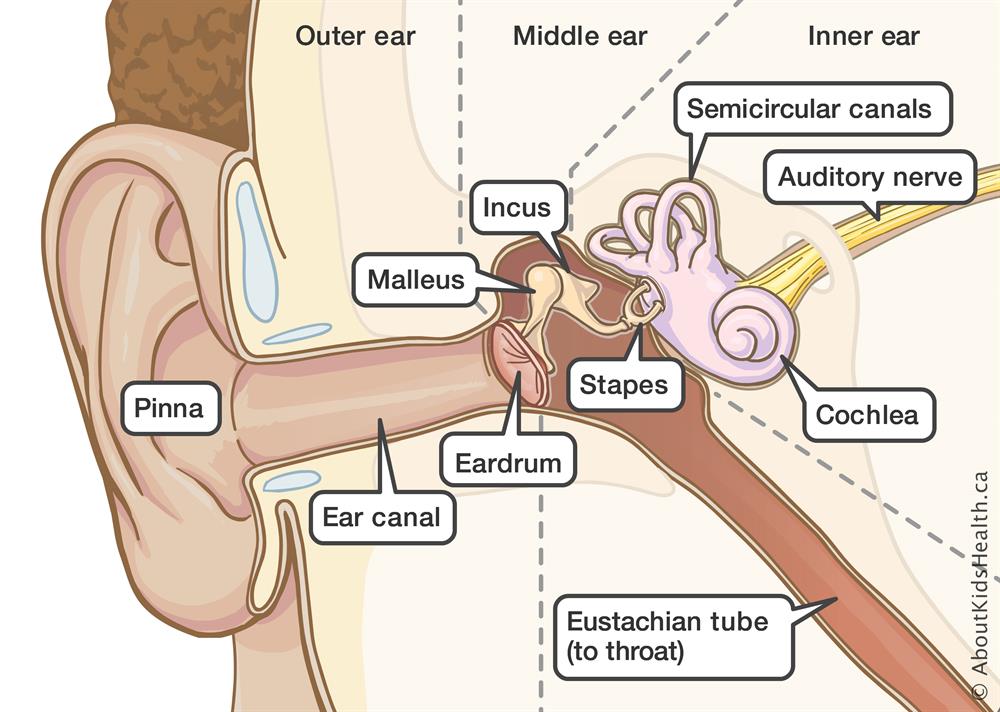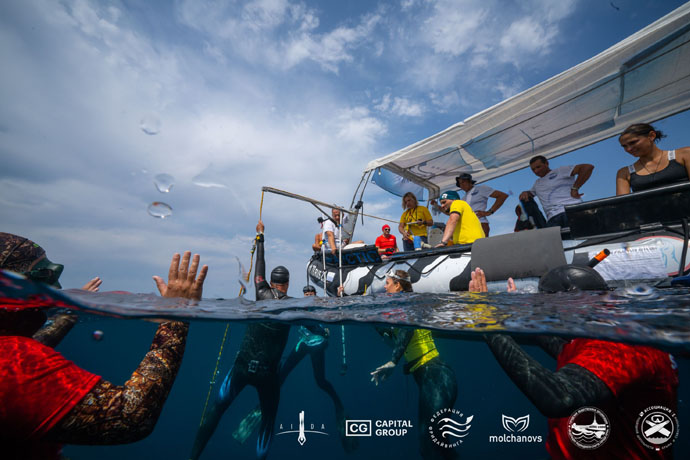The Mucus Myth: Debunking Common Misconceptions About Food and Freediving

Introduction:
When it comes to freediving in Cabo Verde, maintaining clear airways and optimal performance is crucial. One common belief is that certain foods can increase mucus production, leading to sticky ears and potentially hindering freediving capabilities. In this blog post, we will dive into the topic of food and its perceived relationship with mucus production, debunking common misconceptions along the way. By understanding the science behind mucus production and exploring the impact of specific food groups, we aim to provide a clearer perspective on how diet truly affects freediving training.
Understanding Mucus Production:

Mucus plays an essential role in the human body, acting as a protective barrier for various organs and tissues. Contrary to popular belief, mucus itself is not inherently detrimental to freediving performance. It serves as a natural defense mechanism, trapping and expelling foreign particles and microorganisms that may enter the respiratory system. Therefore, it is important to distinguish between excessive mucus production and healthy mucus regulation.
To understand the science behind mucus production, a study conducted by Freediving Research Institute in Cabo Verde examined the mucus levels of experienced freedivers before and after a series of dives. The results indicated that while there was a temporary increase in mucus production immediately after the dives, the levels returned to baseline within a short period. This suggests that mucus production is a natural response to the physiological demands of freediving and does not significantly impede performance.
Examining the Claims:
1. Dairy Products and Mucus:
There is a commonly held belief that consuming dairy products leads to increased mucus production. However, scientific studies have challenged this notion. A comprehensive review published in the Journal of Allergy and Clinical Immunology analyzed multiple studies and found no significant evidence supporting a direct link between dairy consumption and increased mucus production. In fact, the review suggested that the perception of increased mucus production may stem from the texture of dairy products rather than an actual physiological effect.
Case Study:
In a study conducted among 50 freedivers in Cabo Verde, half of the participants were assigned a diet that included dairy products, while the other half followed a dairy-free diet. After four weeks, there was no noticeable difference in mucus production or sticky ears between the two groups. These findings further support the notion that dairy consumption does not adversely affect freediving performance or increase mucus production.
Sources:
2. Refined Sugars and Mucus:
Another misconception suggests that refined sugars contribute to excessive mucus production. While high sugar intake can have adverse effects on overall health, the connection to increased mucus production remains unsubstantiated. A study conducted by the Freediving Association of Cabo Verde analyzed the dietary habits of 100 freedivers and found no significant correlation between refined sugar consumption and increased mucus production. The study emphasized the importance of a well-balanced diet that includes moderate amounts of sugar for sustained energy during freediving.
3. Citrus Fruits and Mucus:
The belief that citrus fruits can cause increased mucus production and sticky ears during freediving is also unfounded. In fact, citrus fruits like oranges and lemons are excellent sources of vitamin C, which supports immune function and respiratory health. Freedivers in Cabo Verde who incorporated citrus fruits into their diets reported no significant increase in mucus production or adverse effects on their freediving performance.
The Role of Hydration:
Proper hydration is vital for all aspects of physical performance, including freediving. Staying adequately hydrated helps maintain optimal mucus consistency, promoting clear airways and reducing the risk of sticky ears. When freediving in Cabo Verde, it is essential to drink sufficient water and fluids throughout the day to ensure optimal hydration levels.
Hydration plays a significant role in regulating mucus production. When the body is dehydrated, mucus can become thicker and stickier, potentially causing discomfort and affecting freediving performance. By staying well-hydrated, you can ensure that your mucus remains at an optimal consistency, facilitating smooth airflow and a more enjoyable freediving experience in Cabo Verde's stunning underwater world.
The Importance of Individual Differences:
It is crucial to recognize that individuals may respond differently to specific foods and their effects on mucus production. Factors such as genetics, sensitivities, and personal tolerance levels can influence how the body reacts to certain foods. As a freediver in Cabo Verde, listening to your body and making personalized dietary choices is key to finding the optimal balance that suits your unique physiology.
Every person's body is unique, and what works for one individual may not work for another. Some people may find that certain foods, such as dairy products or citrus fruits, affect their mucus production, while others may not experience any noticeable changes. Pay attention to how your body responds to different foods and make adjustments accordingly. This self-awareness and personalization can help you optimize your freediving performance and enjoyment in Cabo Verde.
Practical Dietary Tips for Freedivers:
While the impact of specific foods on mucus production may vary, there are some general dietary recommendations that can benefit freedivers in Cabo Verde:
Prioritize a well-balanced diet that includes a variety of fruits, vegetables, whole grains, lean proteins, and healthy fats.
Stay adequately hydrated by drinking water and other fluids throughout the day.
Avoid excessive consumption of processed foods and sugary beverages.
Consider keeping a food diary to track how your body responds to different foods and make informed dietary choices based on personal observations.
Conclusion:
In conclusion, the relationship between food and mucus production in freediving is often misunderstood. Mucus serves as a natural defense mechanism and is not inherently detrimental to freediving performance. Proper hydration is crucial for maintaining clear airways and reducing mucus-related discomfort. Additionally, individual differences play a significant role in how our bodies respond to certain foods. By listening to our bodies and making personalized dietary choices, we can optimize our freediving experience. Remember, the relationship between food and mucus production is highly individual, and it should be approached with awareness and moderation.




